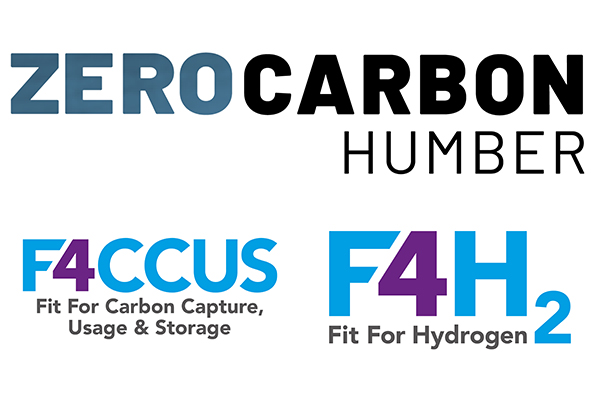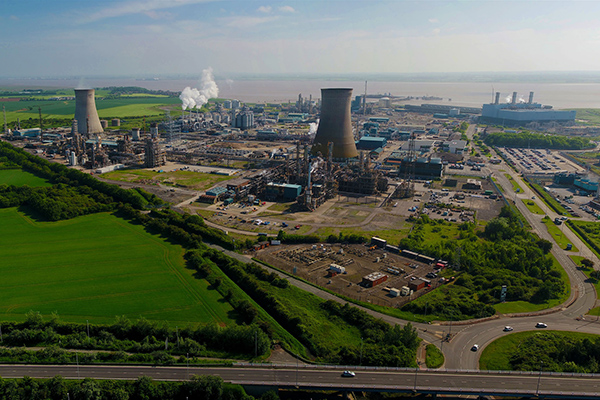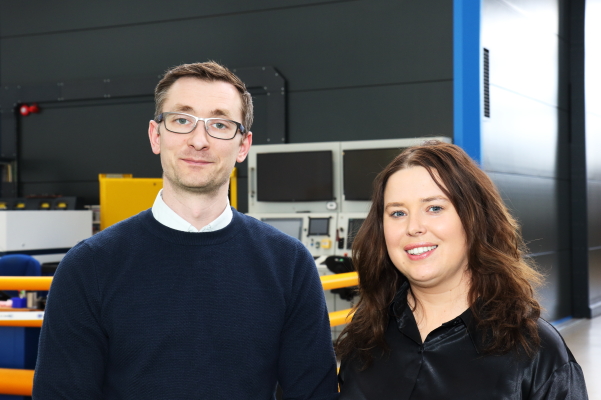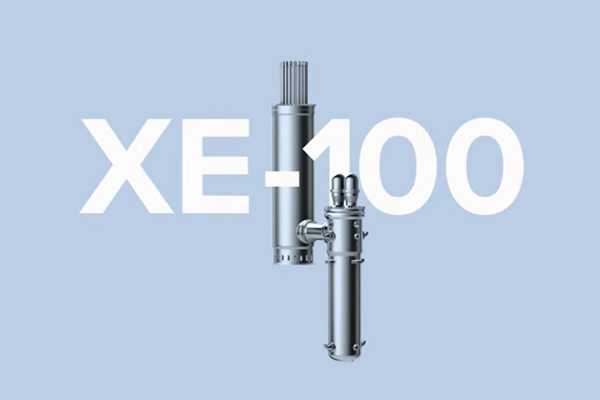Thirty manufacturing companies from across the UK are starting a new programme to test and develop their capabilities to supply the growing markets for hydrogen production and carbon capture.
In the year-long pilot programme for the Zero Carbon Humber Partnership, the companies will work towards the Fit For Hydrogen (F4H2) and Fit For Carbon Capture, Usage and Storage (F4CCUS) standards.

Zero Carbon Humber is a major collaboration of 14 partners with a shared vision to decarbonise the UK’s most carbon intensive region and transform the Humber into the world’s first net zero industrial region by 2040.
F4H2 and F4CCUS are managed by the Nuclear AMRC, part of the UK’s High Value Manufacturing Catapult, based on its proven Fit For model of supplier development.
The pilot phase will see 30 companies progress through F4H2 and F4CCUS, beginning in November 2022 and running until December 2023. The programme combines assessment against a variety of business excellence measures with sector-specific assessment and development activities. The Nuclear AMRC’s regionally-based industrial advisors will work closely with the companies to help them close any gaps in their capabilities or performance.
The companies were selected from more than 90 companies which registered their interest in joining the pilot over the summer.
Ian Livingston from Zero Carbon Humber said: “Hydrogen offers a low carbon, scalable fuel source that has the potential to decarbonise major industrial clusters, such as the Humber. We are delighted to see steps being taken to test and develop the capabilities of UK companies to supply the growing hydrogen and carbon capture markets.
“Building these capabilities has never been more important. At Zero Carbon Humber, alongside our East Coast Cluster colleagues, we are currently establishing the key infrastructure to capture millions of tonnes of CO2 emissions per year and will significantly contribute to the supply of low carbon hydrogen across the Humber in the coming decade.”

H2H Saltend, site for one of the world’s first full-scale low-carbon hydrogen production plants, which will link to a regional carbon capture network.
Stephen Kinsey, supply chain programme manager at the Nuclear AMRC, said: “Our Fit For model of supply chain development has proven its value in helping companies develop their capabilities to win work in demanding energy sectors, and we’re delighted to adapt it to help UK manufacturers rise to new opportunities in industrial decarbonisation.
“As with other quality-critical sectors, it’s vital that companies wanting to enter the supply chain for hydrogen and carbon capture understand the specific requirements of their potential customers and can demonstrate high standards of quality management and performance across their business. These new programmes will help UK companies take a first step into these emerging markets which will be essential for meeting our national commitment to net zero emissions by 2050.”
The F4H2 and F4CCUS pilot kicks off on Thursday 3 November with a virtual meeting for all 30 participating companies and Zero Carbon Humber partners. Following a common business excellence assessment and development programme, the companies will receive sector-specific support in summer 2023. If they can demonstrate that they meet all the requirements, the companies will be awarded granted status in December 2023.
About the Fit For model
Fit For Hydrogen (F4H2) and Fit For Carbon Capture, Usage and Storage (F4CCUS) are based on the proven Fit For Nuclear (F4N) service operated by the Nuclear AMRC, part of the UK’s High Value Manufacturing Catapult.
The Nuclear AMRC launched F4N in 2011 to help manufacturing companies assess and develop their readiness to bid for work in the nuclear supply chain. More than 1,000 companies have now completed the F4N assessment, with around 100 currently granted F4N status after showing they can meet the required standards.
The Nuclear AMRC has previously adapted the F4N model to create the Fit For Offshore Renewables (F4OR) programme in collaboration with the Offshore Renewable Energy Catapult. More than 40 companies are now granted F4OR.
Companies taking part in F4N or F4OR have so far reported that the programmes have helped them win around £1.8 billion worth of new contracts, creating or safeguarding more than 3,200 jobs total.






